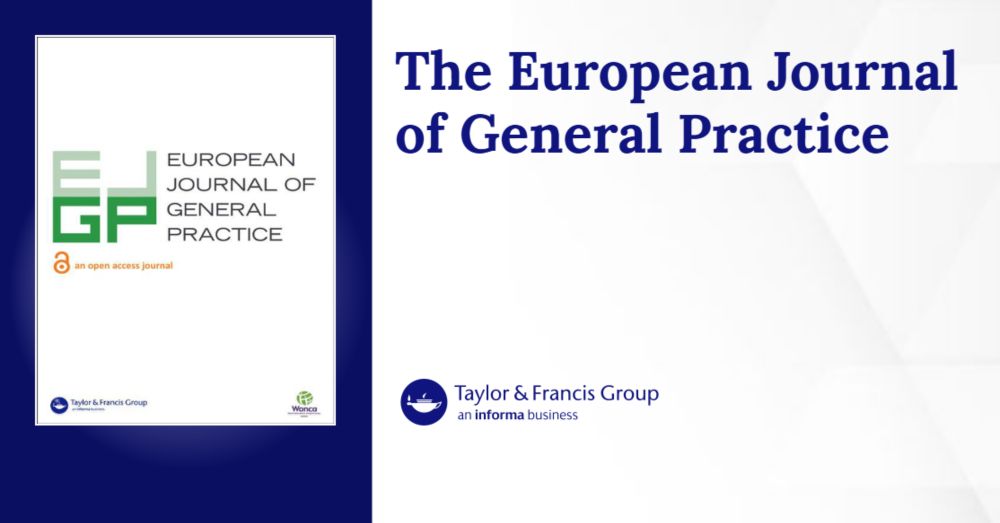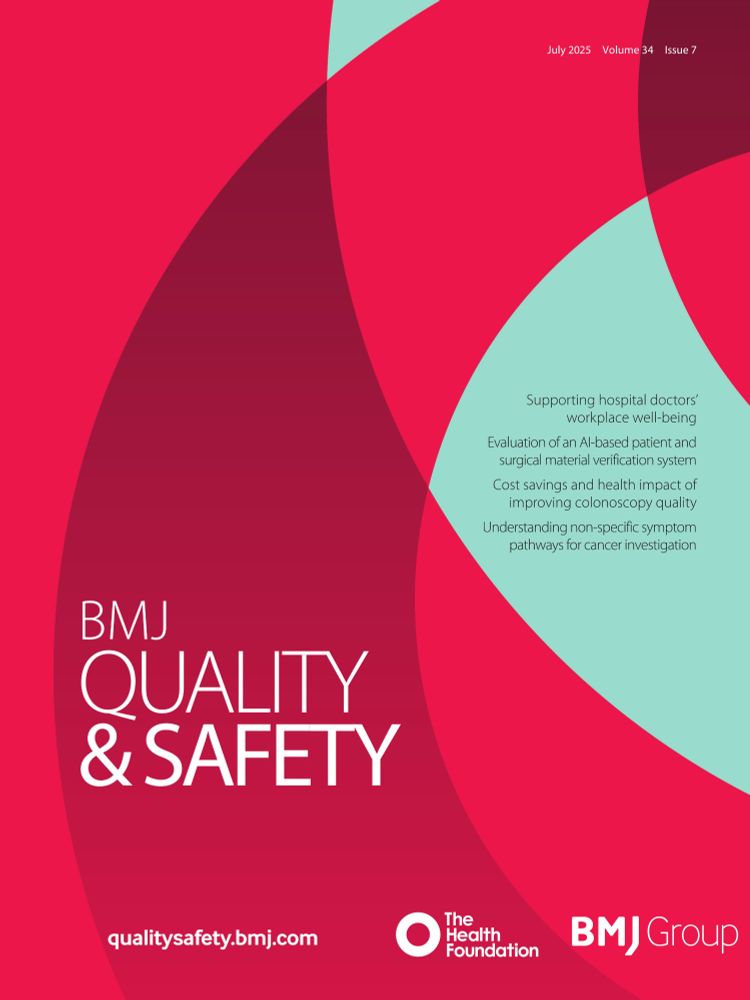Professor Azeem Majeed
@azeem-majeed.bsky.social
430 followers
33 following
320 posts
I am Professor of Primary Care & Public Health and Head of the Department of Primary Care & Public Health at Imperial College London. Own views.
Posts
Media
Videos
Starter Packs
Reposted by Professor Azeem Majeed
Reposted by Professor Azeem Majeed
Reposted by Professor Azeem Majeed
Reposted by Professor Azeem Majeed
JMIR Publications
@jmirpub.bsky.social
· May 30

A Novel Framework to Assess Clinical Information in #digital #health Technologies: Cross-Sectional Survey Study
Background: #digital #health is a critical driver of quality, safety, and efficiency in #healthcare. However, poor quality of clinical information in #digital #health Technologies (DHTs) can compromise the quality and safety of care. The Clinical Information Quality (CLIQ) framework was developed, based on a systemic review of literature and an international eDelphi study, as a tool to assess the quality of clinical information in DHTs. Objective: The aim of this study is to assess the applicability, internal consistency, and construct validity of the CLIQ framework. Methods: This study was conducted as a cross-sectional survey of #healthcare professionals across the UK who regularly use SystmOne #ehrs. Participants were invited through emails and social media platforms. The CLIQ questionnaire was administered as an online survey. Spearman’s correlation coefficients were computed to investigate the linear relationship between the dimensions in the CLIQ framework. The Cronbach’s alpha coefficients were computed to assess the internal consistency of the global scale (i.e., CLIQ framework) and the sub-scales (i.e., the informativeness, availability and usability categories). Confirmatory factor analysis was used to assess the extent to which the survey data supported the construct validity of the CLIQ framework. Results: A total of 109 #healthcare professionals completed the survey, of which two-third (n = 67; 61.5%) were doctors and a quarter (n = 26; 23.9%) were nurses or advanced nurse practitioners. Overall, the CLIQ dimensions had good quality scores except for portability which had a modest score. The inter-item correlations were all positive and not likely due to chance. The Cronbach’s alpha coefficient for the overall CLIQ framework was 0.89 (95 CI%: 0.85 – 0.92). The confirmatory factor analysis provided a modest support for the construct validity of the CLIQ framework with the Comparative Fit Index of 0.86 and Standardised Root Mean Square Residual of 0.08. Conclusions: The CLIQ framework demonstrated a high reliability and a modest construct validity. The CLIQ framework offers a pragmatic approach to assessing the quality of clinical information in DHTs and could be applied as part of information quality assurance systems in #healthcare settings to improve quality of #health information.
dlvr.it







